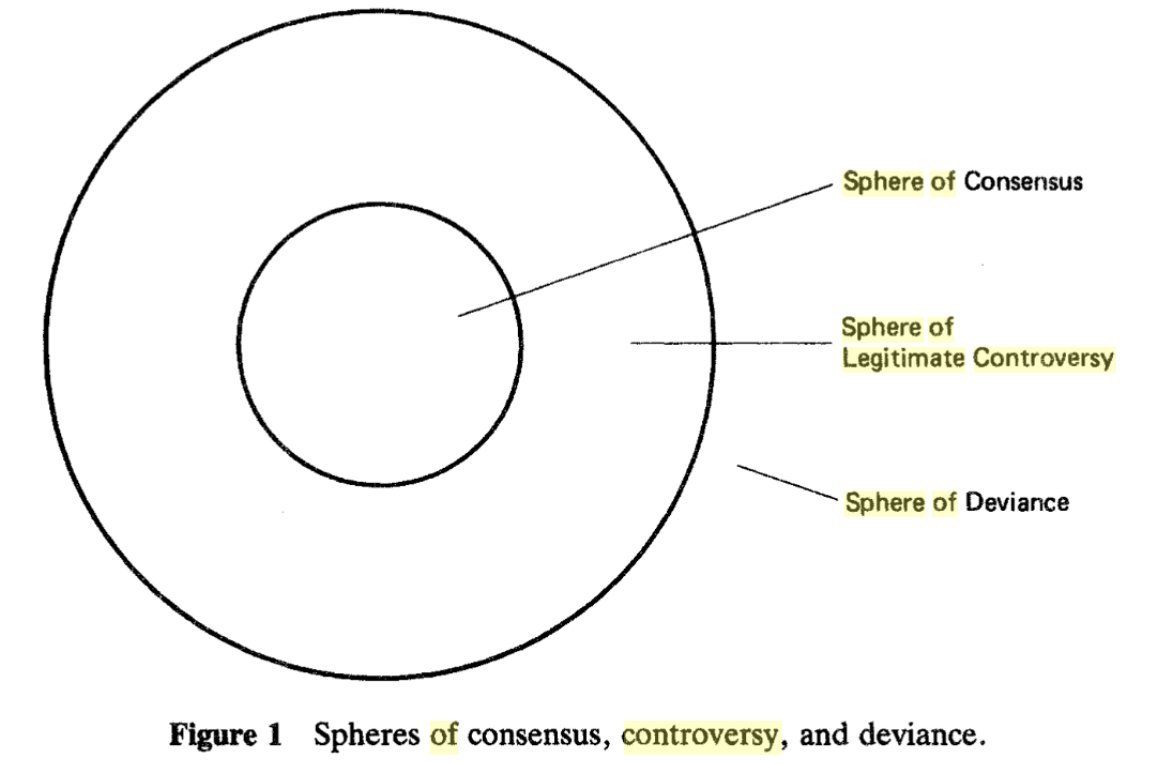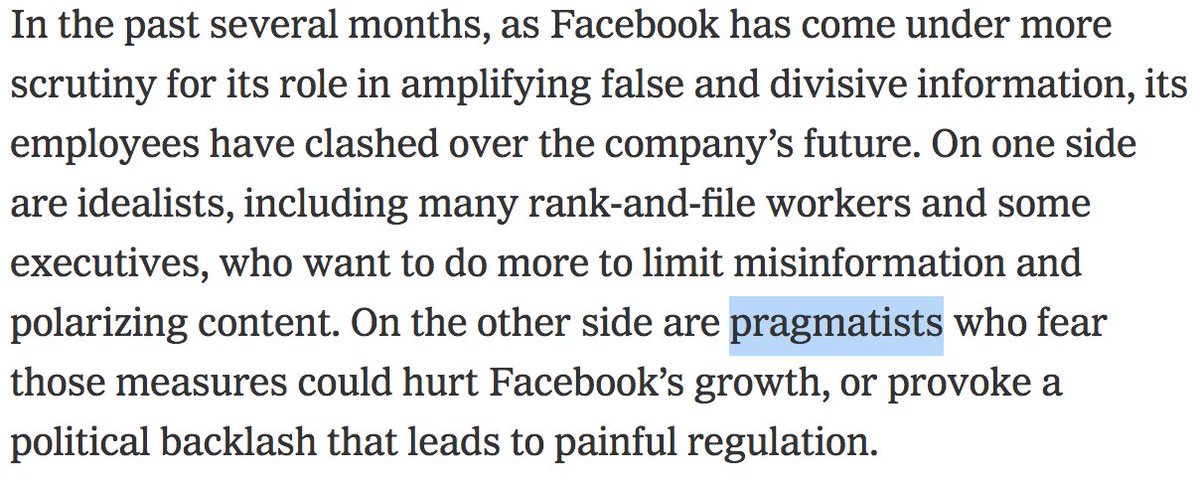
I read the transcript of the full 90-minute interview. Count me surprised that Margaret Brennan did not ask Deborah Birx: what would have led you to say this about Trump?
“He’s been so attentive to the scientific literature and the details and the data."
cbsnews.com/news/full-tran…
“He’s been so attentive to the scientific literature and the details and the data."
cbsnews.com/news/full-tran…
Leave aside that it contradicts everything we know about the man. "He’s been so attentive to the scientific literature" is a strange statement because Birx in the interview says several times she had almost no interaction with Trump. So how would she know he'd become Mr. Science?
Another impression from the CBS interview. Birx seems to me an example of a public servant caught in an intensely political position who convinced herself that to succeed she had to be as un-political as possible, as against mastering the politics, too. It could never work. But..
...politicizing her role as Task Force Coordinator— that wouldn't work either. There's no good answer, and here I admire her for taking on an impossible job. Still, she needed to realize she had *some* power. It originated in the cost of firing her and her freedom to speak after.
If you have never seen it, here's the clip of Dr. Deborah Birx trying to persuade us that Trump is an attentive student of the scientific literature on COVID-19 with a deep grasp of the data.
Winding this back to where I started: how could @margbrennan of CBS News, whose job is to ask perinent questions, fail to ask about, “He’s been so attentive to the scientific literature...?" Remember 1.) there's video, 2.) she had 90 minutes. Seems like a pretty big miss. END
• • •
Missing some Tweet in this thread? You can try to
force a refresh




